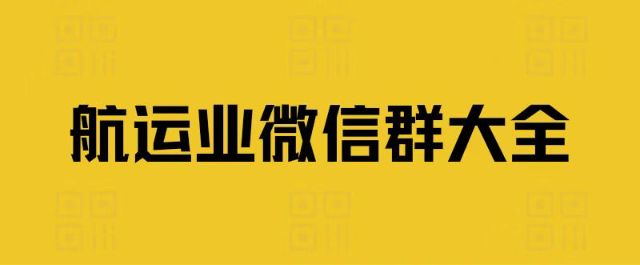“The ship has strict control over its pollutant emissions. For oily waste, it is collected in dedicated oil storage tanks and will be properly disposed of at a shore-based facility with relevant licenses. No oily waste is allowed to be discharged directly into the sea. The oil-water separator on board is regularly maintained and monitored to ensure its effective operation in separating oil from bilge water before any discharge.”(船舶对污染物排放有着严格控制。对于含油废弃物,它们被收集在专用的储油罐中,并将在有相关许可的岸上设施中妥善处置。不允许含油废弃物直接排入大海。船上的油水分离器会定期进行维护和监测,以确保其在排放前能有效分离舱底水和油。)
“Regarding sewage disposal, the ship is equipped with a sewage treatment plant which can treat the sewage to meet the international environmental standards before discharging it into the sea in accordance with the regulations. In some areas with strict environmental protection requirements, such as special marine protected areas, no sewage discharge is permitted at all.”(关于污水排放,船舶配备了污水处理装置,该装置能够按照规定在将污水排入大海前对其进行处理,使其达到国际环保标准。在一些有着严格环保要求的区域,比如特殊海洋保护区,完全禁止污水排放。)
“To reduce air pollution, the ship's engines are designed to meet the latest international emission standards. Measures like using cleaner fuels, optimizing engine combustion efficiency, and installing exhaust gas treatment systems are adopted to lower the emissions of pollutants such as sulfur oxides, nitrogen oxides, and particulate matter.”(为减少空气污染,船舶的发动机被设计为符合最新的国际排放标准。采取诸如使用更清洁的燃料、优化发动机燃烧效率以及安装废气处理系统等措施来降低诸如硫氧化物、氮氧化物和颗粒物等污染物的排放。)


